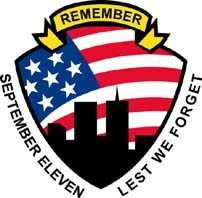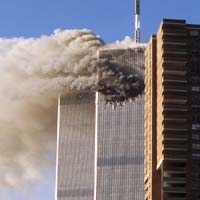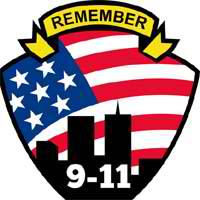9/11 Committee Recommends Mesothelioma Coverage
Firefighters and first responders at risk ofmesothelioma because of 9/11 may finally be getting some help from the federal government. The World Trade Center Scientific and Technical Advisory Committee has added a list of cancers – including mesothelioma – to the list of illnesses they feel should be covered by the Zadroga Act. Passed by Congress in 2010, the Zadroga Act provides $4.3 billion to monitor, treat and compensate people affected by the 9/11 attacks. Although cancer was not on the original list of illnesses covered by the act, a number of scientific studies on emerging health effects convinced the Advisory Committee that it should be. Even before first responders began getting sick, a Mount Sinai School of Medicine analysis of…


